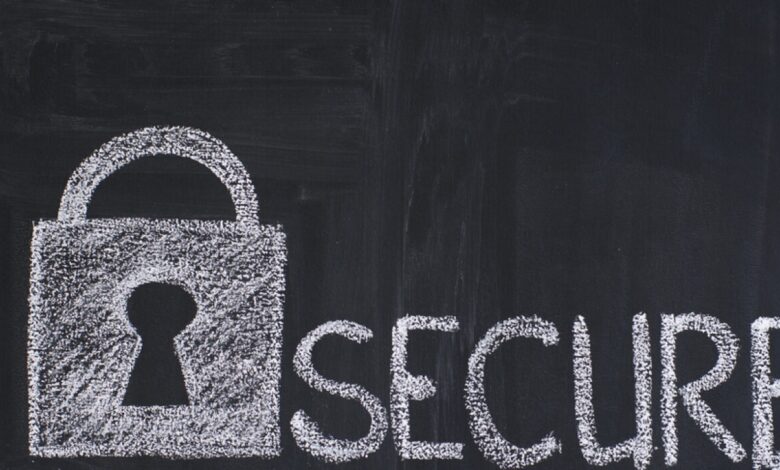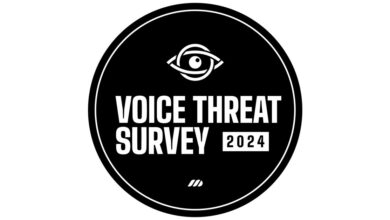FCC Approves $200M Pilot Program for K-12 Cybersecurity

K-12 school districts across the U.S. are eligible for cybersecurity services and equipment through a new three-year, $200 million pilot program approved Thursday by the Federal Communications Commission (FCC).
According to a news release, the FCC’s new Schools and Libraries Cybersecurity Pilot Program aims to be a direct help to schools in the short term, with money for advanced firewalls, endpoint protection, identity authentication, monitoring systems and other expenses. But it’s also an information-gathering project with two goals for the FCC: Use Universal Service Fund (USF) monies, which come from telecommunications fees, to provide cybersecurity hardware and services to schools while gathering data on what schools most need; and then share that information with federal agencies.
The pilot was proposed in November 2023, endorsed by at least a dozen national nonprofit agencies and supported by a majority of school districts polled by the consulting firm Funds for Learning.
In a public statement about the impetus for the program, FCC Chairwoman Jessica Rosenworcel said cyber attacks can cost schools millions of dollars as well as three days to three weeks worth of learning loss, and recovery can take up to nine months.
“Ultimately, we want to learn from this effort, identify how to get the balance right, and provide our local, state, and federal government partners with actionable data about the most effective and coordinated way to address this growing problem,” she said.
The news release said the new cybersecurity pilot is modeled after the FCC’s Connected Care Pilot Program, launched in 2020 with up to $100 million in USF funds to help hospitals cover technology costs associated with remote care. The release added that the cybersecurity pilot will use USF monies because they’re separate from the FCC’s E-rate program, which supports Internet and telecommunication services for schools, so the new program won’t take resources away from those services.
Commissioner Geoffrey Starks suggested in a public statement that the pilot might lay the groundwork for an eventual redefinition of E-rate to include cybersecurity expenses.
“The E-rate program is one of the Commission’s most important and successful programs. But the connectivity we support must be secure,” he said. “This pilot will provide us with the information necessary to analyze whether and how the commission should update our E-rate program to help schools and libraries help themselves against the ongoing cyber threat.”
In a statement, Funds for Learning CEO John Harrington called Thursday’s announcement a “landmark moment” for U.S. schools and libraries.
“The cybersecurity threats facing our educational institutions are significant,” he said. “This pilot program represents a crucial step in providing the resources necessary to safeguard sensitive information and maintain secure, reliable access to digital learning tools.”
The news release touted the new program as the latest of several supported by Rosenworcel, collectively dubbed “Learn Without Limits,” to ensure all students and teachers have access to technology. These include the extension of E-rate to cover Wi-Fi on school buses, off-premises Wi-Fi hot spots, and Internet in libraries for tribal communities.



